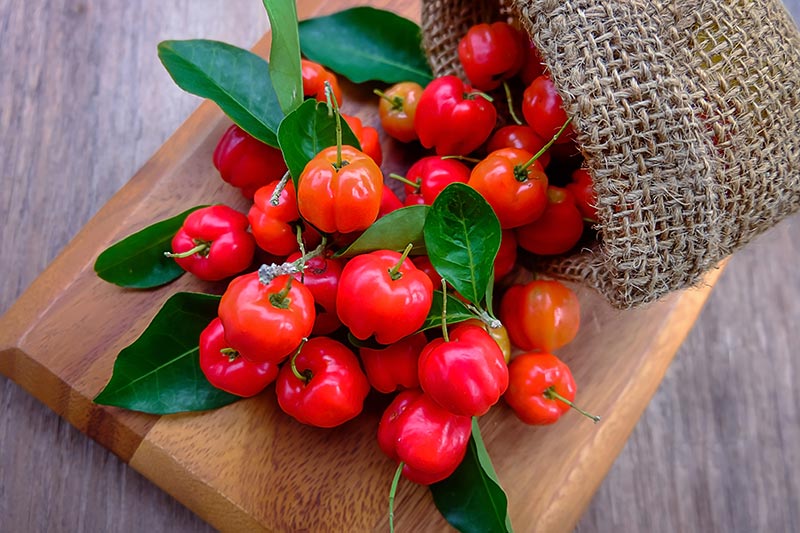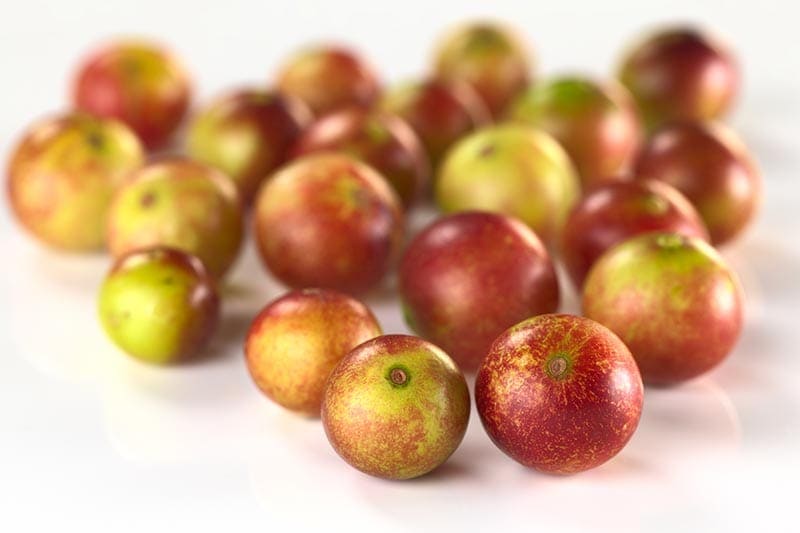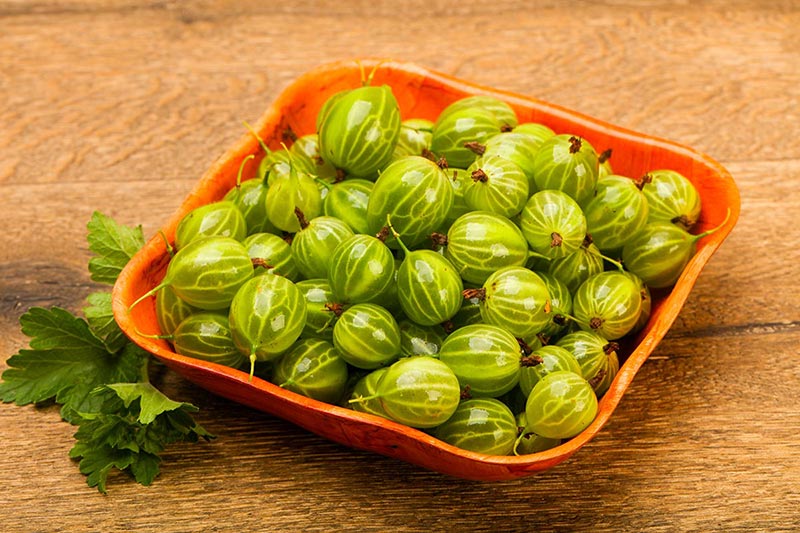Is Ascorbic Acid the same as Vitamin C?
Read the label on most vitamin C supplements and you will see the words ‘ascorbic acid’ listed in the ingredients. Most people, and even many scientists, consider vitamin C and ascorbic acid to be equivalent, but what is ascorbic acid exactly? Ascorbic acid is a purified, isolated compound produced in laboratories via a five-step chemical process using glucose (the glucose being usually, but not always, derived from GMO corn sugar).
Calling ascorbic acid vitamin C is like calling the skin of the orange the whole orange. Ascorbic acid can be thought of as simply the antioxidant ‘skin’ of the vitamin C complex — the part of vitamin C that protects the functional parts of the complex from oxidation. Functional vitamin activity in our bodies, however, is never produced by isolated, individual molecular compounds. Instead, all vitamin activity in our body occurs as multi-step biochemical interactions, interdependent on all cofactors and components of the entire ‘vitamin complex’ being present and working together in a specific timed sequence.
According to the research of Dr. Royal Lee, considered the father of holistic nutrition, vitamin C activity in our body includes bioflavonoids, factor K, factor J, vitamin P, tyrosinase, ascorbinogen, various mineral cofactors, and other yet-to-be-discovered components. If any of these parts are missing, there will be no vitamin activity in our body.
True cellular nutrition is a team sport. In American football, if the star quarterback were isolated from the rest of the team and was left to score all the touchdowns by himself, he wouldn’t get very far. The vitamin C complex would be analogous to the star quarterback plus the whole front line. The coherent team matrix that is created as all the individual parts act as one synchronistic whole allows a team to advance effectively into the end zone.
Synthetically manufactured ascorbic acid could, in theory, be a lot better than it is if the people manufacturing it paid attention to biomimicry and programmed the ascorbic acid with the natural frequency that foodvitamin C carries. But, even still, ascorbic acid/vitamin C needs its social support network (polyphenols, carotenoids, flavonoids, amino acids, minerals, and other vitamins) for maximum bioavailability. Does the vitamin C supplement in your cupboard have its social support network intact? Indeed, some vitamin C supplements contain added bioflavonoids, which is better than ascorbic acid on its own, but why go to the trouble of synthesizing vitamin C and adding bioflavonoids when Nature has already provided us with whole foods that contain vitamin C in this superior state, with its social network fully thriving?
Our Truly Natural™ Vitamin C provides highly-bioavailable, naturally-occurring vitamin C from acerola cherry extract, whole camu camu berry, and whole amla berry.



Why Truly Natural Vitamin C?
- 100% food-sourced; no synthetic/isolated nutrients. Vitamin C as Nature intended for greatest bioavailability and resonance with the human body (compared to isolates)
- Comprised entirely of superfruits that offer broad-spectrum benefits (beyond just the vitamin C)
- Contains naturally-occurring cofactors that assist with assimilation
- Free of chemical solvents — water extraction (acerola) and whole fruit (camu camu and amla) only
- Lab tested for purity
- Packaging in amber glass packaging prevents vitamin C oxidation
